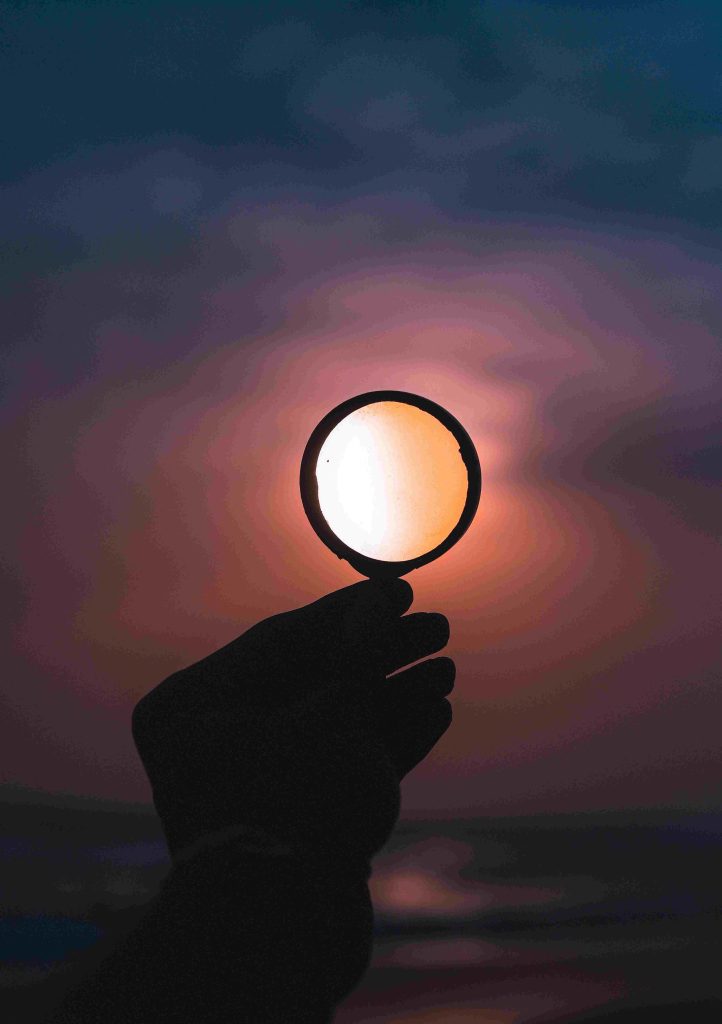
In a country as vast and diverse as India, sleep disorders are a prevalent concern that can significantly impact an individual’s overall well-being. However, one of the major challenges faced by those grappling with sleep disorders is limited access to sleep clinics, healthcare facilities, and sleep specialists. The vast geographical spread and disparities in healthcare infrastructure can make seeking professional help a daunting task for many. In such situations, self-diagnosis becomes a crucial tool for individuals to identify and manage sleep disorders effectively.
Recognizing the Common Challenges:
Individuals in India face numerous obstacles in obtaining timely and specialized care for sleep disorders.
How Do You Know If You Have a Sleep Disorder?
The first step towards self-diagnosis involves recognizing the signs of a sleep disorder. These signs include persistent difficulties falling asleep, staying asleep, waking up too early, or experiencing daytime fatigue and irritability. If you find yourself struggling with these symptoms regularly, it’s important to delve deeper into potential sleep disorders.
The Five Types of Sleep Disorders:
There are five primary types of sleep disorders that individuals commonly experience:
- Insomnia: Characterized by difficulty falling asleep or staying asleep, often resulting in daytime fatigue.
- Sleep Apnea: Involves pauses in breathing during sleep, leading to disrupted sleep and potential health risks.
- Restless Legs Syndrome (RLS): A sensation of discomfort in the legs, often leading to an irresistible urge to move them, disrupting sleep.
- Narcolepsy: Causes excessive daytime sleepiness and sudden episodes of sleep, often at inappropriate times.
- Parasomnias: Involves abnormal behaviors during sleep, such as sleepwalking, night terrors, and teeth grinding.
Can You Self-Diagnose a Sleep Disorder?
While self-diagnosis can be helpful in identifying potential sleep disorders, it’s important to approach it with caution. Utilize online resources and reputable platforms to understand various sleep disorders and their symptoms. Tracking your sleep patterns and maintaining a sleep diary can provide valuable insights for self-assessment. However, it’s crucial to remember that self-diagnosis has limitations, and consulting a healthcare professional remains essential for accurate diagnosis and appropriate treatment.
Empowering Yourself with DeepSleepBot:
For those in India seeking guidance in managing sleep disorders, DeepSleepBot offers an innovative solution. DeepSleepBot presents a Telegram-based platform designed to provide valuable insights, personalized strategies, and expert guidance for improving sleep quality. With limited access to traditional healthcare facilities, this digital solution empowers individuals to take charge of their sleep health conveniently.
Navigating sleep disorders in a country with limited access to sleep clinics and specialists can be challenging. However, through self-diagnosis, individuals can gain a better understanding of their sleep patterns and potential disorders. Remember, while self-diagnosis is a valuable tool, seeking professional guidance, such as that offered by DeepSleepBot, is vital to effectively manage sleep disorders and improve overall well-being.
Explore DeepSleepBot’s Solutions for Sleep Disorders and take the first step towards restful nights and revitalized days.

